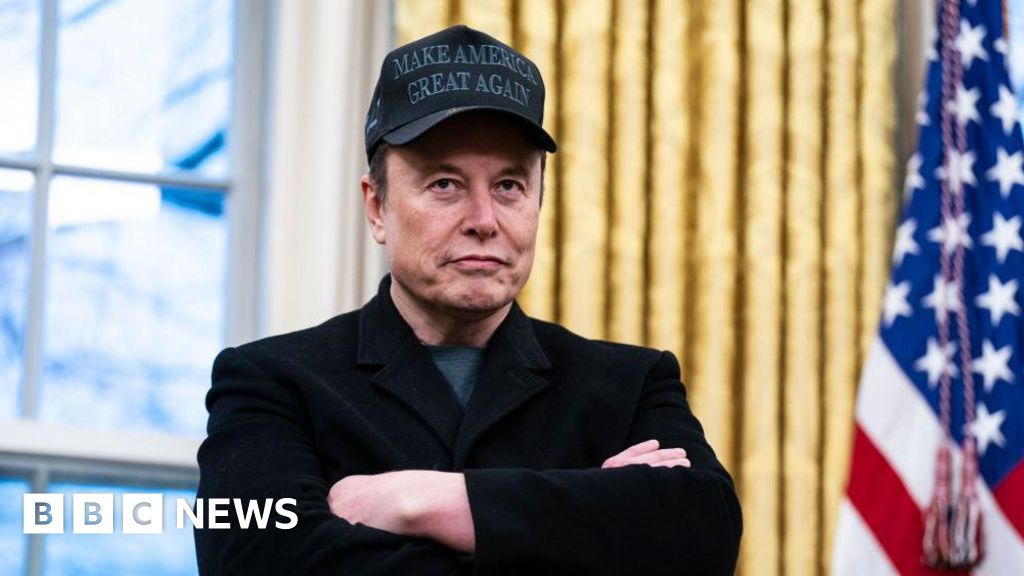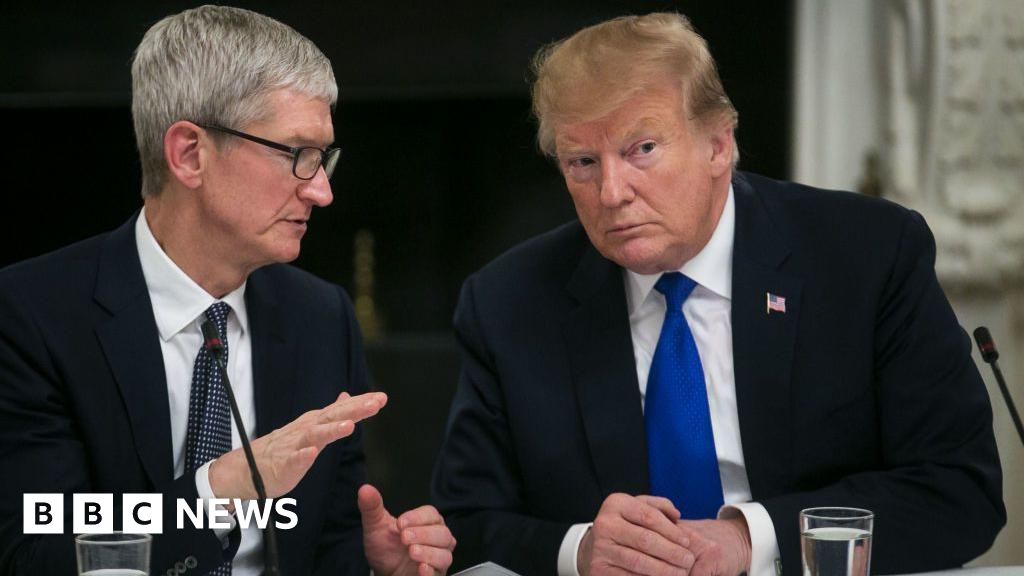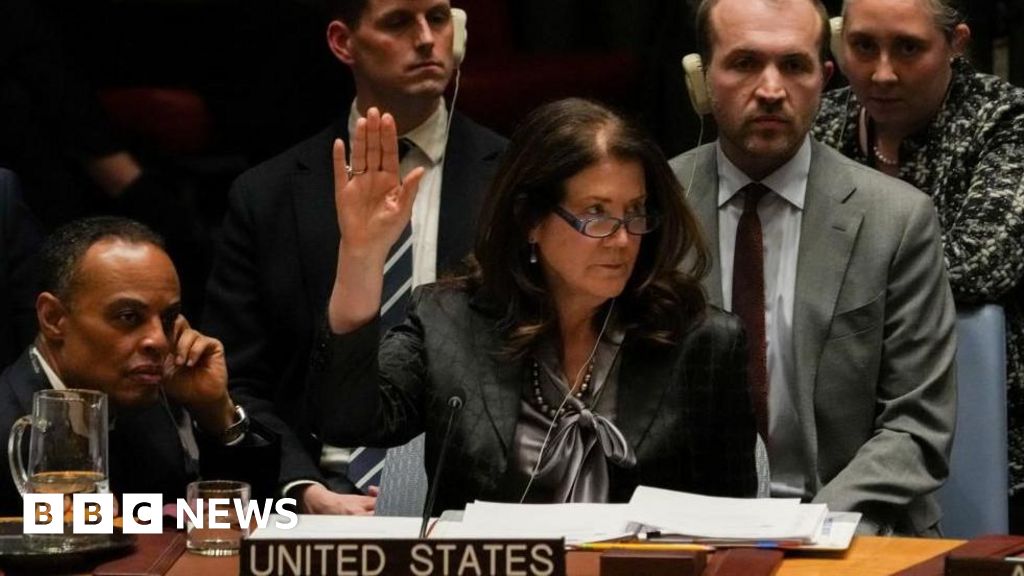FTC bans noncompete agreements for many Americans but legal battle looms that would delay change

The Federal Trade Commission narrowly voted on Tuesday to ban noncompete agreements in a move that could affect up to 30 million Americans — one out of every five workers — in jobs ranging from executives to minimum wage earners.
While the ban, approved 3-2, was celebrated by labor unions, pro-business groups have staunchly opposed it and threatened legal action.
Noncompete agreements are clauses in employment contracts that bar an employee from working at a rival company, usually within a certain geographic area or for a certain amount of time.
FTC Chair Lina Khan said in a statement after Tuesday’s vote that the noncompete ban, first proposed last year, would “ensure Americans have the freedom to pursue a new job, start a new business, or bring a new idea to market.”
“Noncompete clauses keep wages low, suppress new ideas, and rob the American economy of dynamism, including from the more than 8,500 new startups that would be created a year once noncompetes are banned,” Khan said.
The FTC rule would take effect in 120 days. But that timeline will likely be delayed by a high-stakes legal battle. The U.S. Chamber of Commerce told ABC News it plans to sue the FTC within the next day.
The Federal Trade Commission building in Washington D.C., Jan. 28, 2015.
Alex Brandon/AP, FILE
“The Federal Trade Commission’s decision to ban employer noncompete agreements across the economy is not only unlawful but also a blatant power grab that will undermine American businesses’ ability to remain competitive,” the chamber’s CEO, Suzanne Clark, said in a statement.
But the AFL-CIO, the country’s largest union organization, in a statement lauded the FTC’s “strong” ban and said “[n]oncompete agreements trap workers from finding better jobs, drive down wages, and stifle competition.”
The FTC said the ban, should it survive court scrutiny, would apply to all workers entering into new employment agreements as they accept new jobs.
For workers with existing agreements, noncompetes would no longer be enforceable, so companies could no longer stop their employees from taking jobs with competitors.
One exception is carved out for “senior executives” with existing noncompetes who earn more than $151,164 per year, which is fewer than 1% of workers, according to the FTC.
The FTC said it expects the ban would increase workers’ combined wages by up to $488 billion over the next decade, with the average worker’s earnings rising an estimated $524 per year.
Related
Unions sue over Musk demand for federal workers to justify…
Groups representing federal employees sued over Elon Musk's latest actions, after the entire workforce received an email instructing them to explain their work
Apple to invest $500bn in US, adding 20,000 jobs to…
Apple has become the latest business to adjust to Donald Trump’s trade policy after it announced plans to invest $500 billion in the US over the next four yea
Apple to invest $500 Bn in US over next 4…
Apple has announced that it will invest $500 billion in the United States over the next four years. The investment will include a massive AI server factory in
Apple commits to ‘largest ever’ $500bn US investment
Apple plans to invest more than $500bn (£396bn) in the US over the next four years, starting with a new advanced manufacturing factory in Texas. The tech giant













